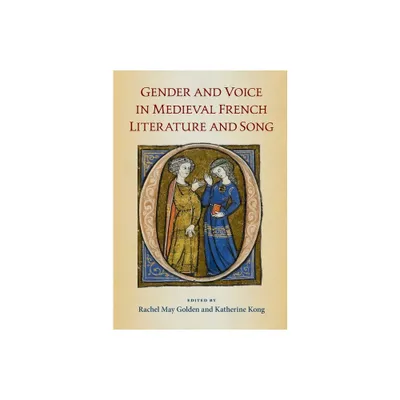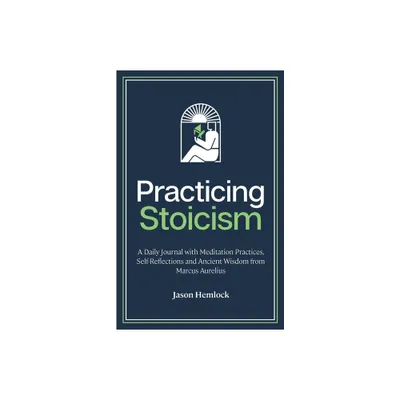Home
the Voice of Virtue: Moral Song and Practice French Stoicism, 1574-1652
Loading Inventory...
Barnes and Noble
the Voice of Virtue: Moral Song and Practice French Stoicism, 1574-1652
Current price: $93.00


Barnes and Noble
the Voice of Virtue: Moral Song and Practice French Stoicism, 1574-1652
Current price: $93.00
Loading Inventory...
Size: Hardcover
*Product Information may vary - to confirm product availability, pricing, and additional information please contact Barnes and Noble
The Voice of Virtue
illuminates the musical practices at the heart of the Neostoic movement that spread across French lands during the Wars of Religion in the latter half of the sixteenth century. Guided by twin reparative traditions granting music and philosophy therapeutic power, composers and performers across the embattled Catholic and Protestant confessions turned to moral song as a means of repairing personal and collective virtue damaged by the ongoing conflict. Moral song collections enlarged interest in Stoic philosophy by circulating its ethical program to a broader audience through attractive paraphrases of Stoic maxims set to music. Even more importantly, this skillfully composed repertoire of polyphonic song offered a multi-sensory moral practice that would have resonated powerfully for those well-versed in the paradoxes of the Stoic tradition. Bringing together a repertoire of little-known music prints, a rich visual culture, and an impressive body of literary and philosophical sources,
not only illuminates the influence of Stoicism on music, but also reveals that we cannot fully understand Neostoicism as an intellectual or cultural movement without accounting for its vibrant musical sounds. Virtue, as voiced in these Stoic practices, proves to be both rational and fully invested in the sensory processes of the singing body.
illuminates the musical practices at the heart of the Neostoic movement that spread across French lands during the Wars of Religion in the latter half of the sixteenth century. Guided by twin reparative traditions granting music and philosophy therapeutic power, composers and performers across the embattled Catholic and Protestant confessions turned to moral song as a means of repairing personal and collective virtue damaged by the ongoing conflict. Moral song collections enlarged interest in Stoic philosophy by circulating its ethical program to a broader audience through attractive paraphrases of Stoic maxims set to music. Even more importantly, this skillfully composed repertoire of polyphonic song offered a multi-sensory moral practice that would have resonated powerfully for those well-versed in the paradoxes of the Stoic tradition. Bringing together a repertoire of little-known music prints, a rich visual culture, and an impressive body of literary and philosophical sources,
not only illuminates the influence of Stoicism on music, but also reveals that we cannot fully understand Neostoicism as an intellectual or cultural movement without accounting for its vibrant musical sounds. Virtue, as voiced in these Stoic practices, proves to be both rational and fully invested in the sensory processes of the singing body.


















